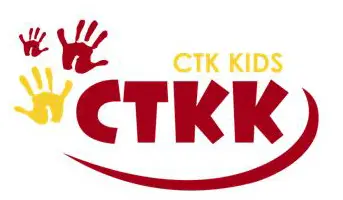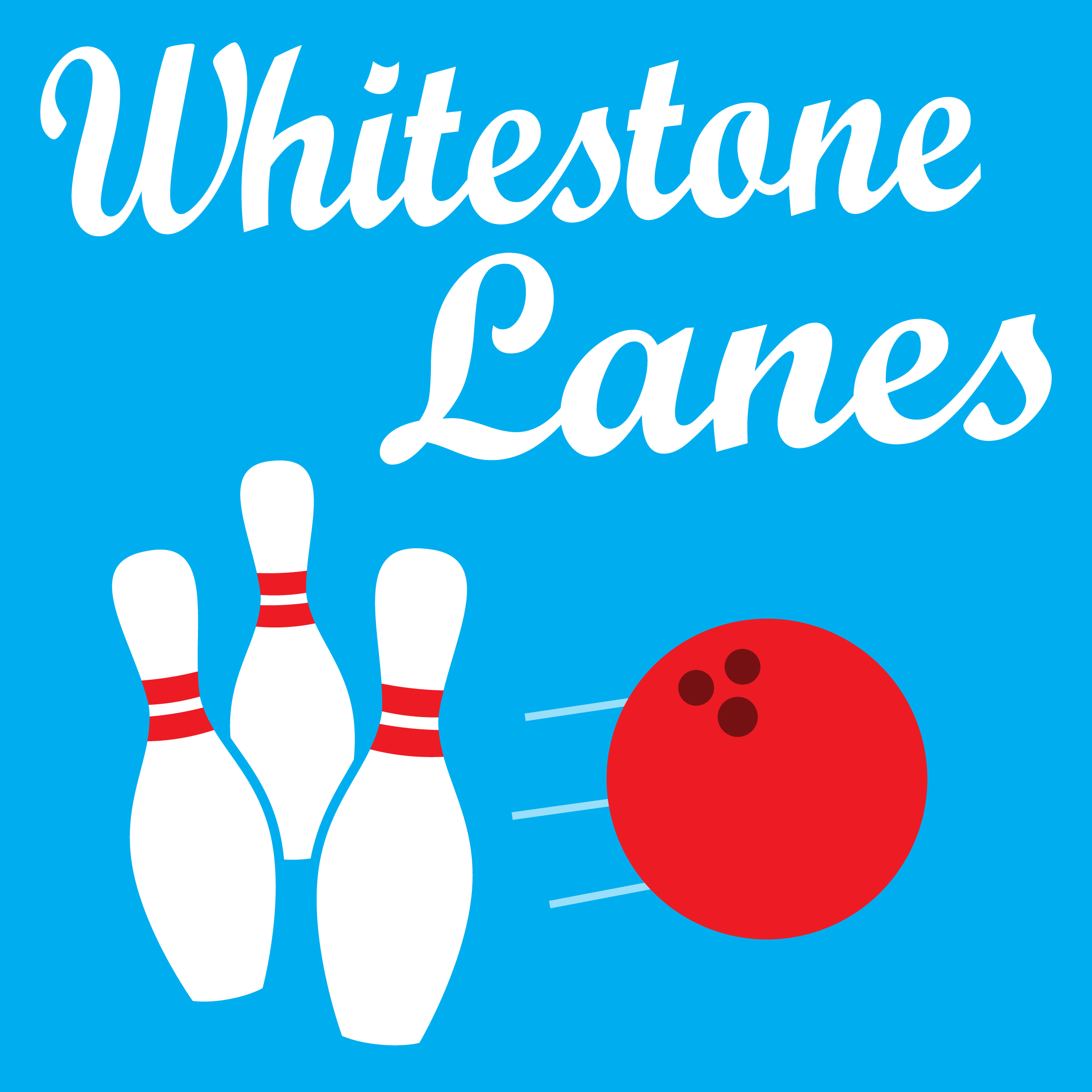More After-School Articles:
ACD Playspace in Astoria Launches New Children's Programs This Fall
ACD Play Space, a childcare and learning center in Astoria, is launching a series of new programs for children this fall. Inspired by the popular Zumb...Latest News:
These Are the Best Places to Find Kids Exercise Videos
Here are some virtual gyms offering virtual fitness classes and kids exercise videos for at-home gym class.Family Activities:
Have a Laugh:
Best Memes of the Week for Parents
Here are the funniest parenting memes from Instagram, Facebook, and Reddit this week.Featured Listings:

CK Kids
Middle Village, NY CK Kids offers families one location for all of their educational and leisure activities. Test prep, private tutoring and summer bridge classes are of...

British Swim School
The premier learn-to-swim provider for people of all ages, offering programs for children ages 3-months through adults.

Whitestone Lanes
Flushing, NY For more than 55 years, Whitestone Lanes has been family owned and operated. We offer bowling leagues for adults and children of all ages. Starting Sa...

All Star Studios
Forest Hills, NY Classes offered include Ballet, Jazz, Tap, Hip Hop, Theater, and Acrobatics for children starting at age 3 to Adults. Private classes and birthday par...


